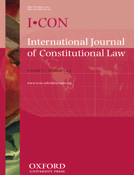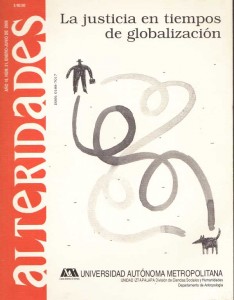 Indigenous claims “to speak the law” in Guatemala extend far beyond late-twentieth-century statist proposals for multicultural legal orders based on recognition of legal pluralism. Drawing on collaborative research with the Indigenous Mayoralty of Santa Cruz del Quiché and examination of public debates in the media, this article analyzes attempts to ensure the legibility of Indigenous law, including disputes over constitutional reforms in 2016 and 2017. It suggests how different conceptual framings shape methodological approaches and representations of law. While opponents of Indigenous jurisdiction frame Mayan law as violent and illegal, and thus radically incommensurable with the national legal order, for Indigenous authorities “speaking the law” is not about seeking recognition from the nation-state. Rather, “speaking the law” is about communitarian forms of sovereignty and legality rooted in Mayan languages and cosmologies. Countering racialized tropes, Mayan authorities’ representations allude to understandings of justice and forms of legitimacy that existed prior to the sovereign state and national and international laws. In this way, they highlight not only the historical violence of the Guatemalan state but also the foundational violence of law itself, pointing to temporalities and ontologies of justice beyond modernist legal frames.
Indigenous claims “to speak the law” in Guatemala extend far beyond late-twentieth-century statist proposals for multicultural legal orders based on recognition of legal pluralism. Drawing on collaborative research with the Indigenous Mayoralty of Santa Cruz del Quiché and examination of public debates in the media, this article analyzes attempts to ensure the legibility of Indigenous law, including disputes over constitutional reforms in 2016 and 2017. It suggests how different conceptual framings shape methodological approaches and representations of law. While opponents of Indigenous jurisdiction frame Mayan law as violent and illegal, and thus radically incommensurable with the national legal order, for Indigenous authorities “speaking the law” is not about seeking recognition from the nation-state. Rather, “speaking the law” is about communitarian forms of sovereignty and legality rooted in Mayan languages and cosmologies. Countering racialized tropes, Mayan authorities’ representations allude to understandings of justice and forms of legitimacy that existed prior to the sovereign state and national and international laws. In this way, they highlight not only the historical violence of the Guatemalan state but also the foundational violence of law itself, pointing to temporalities and ontologies of justice beyond modernist legal frames.
PoLAR – Political and Legal Anthropology Review, Vol. 43 (2), 2020.




 The shift towards legally plural multicultural and pluri-national citizenship regimes in the Andes formally recognised indigenous peoples’ community-based governance systems. These tend to emphasise participation, deliberation and service to the collective, but are often criticised for discriminating against women. We argue that recent constitutional reforms and legislation combining recognition of collective rights claims with institutional guarantees for gender equality have in fact amplified indigenous women’s different strategies of ‘negotiating with patriarchy’, allowing them to further the transformation of their organisations and ‘custom’. Such strategies are necessary because of the intersections of race, class and gendered exclusions that indigenous women experience, and possible because of the diverse and dynamic nature of community governance systems. Despite systemic and structural constraints on the guarantee of indigenous peoples’ rights, the actions of organised indigenous women over the last two decades point to new ways of imagining more plural, less patriarchal forms of citizenship.
The shift towards legally plural multicultural and pluri-national citizenship regimes in the Andes formally recognised indigenous peoples’ community-based governance systems. These tend to emphasise participation, deliberation and service to the collective, but are often criticised for discriminating against women. We argue that recent constitutional reforms and legislation combining recognition of collective rights claims with institutional guarantees for gender equality have in fact amplified indigenous women’s different strategies of ‘negotiating with patriarchy’, allowing them to further the transformation of their organisations and ‘custom’. Such strategies are necessary because of the intersections of race, class and gendered exclusions that indigenous women experience, and possible because of the diverse and dynamic nature of community governance systems. Despite systemic and structural constraints on the guarantee of indigenous peoples’ rights, the actions of organised indigenous women over the last two decades point to new ways of imagining more plural, less patriarchal forms of citizenship.


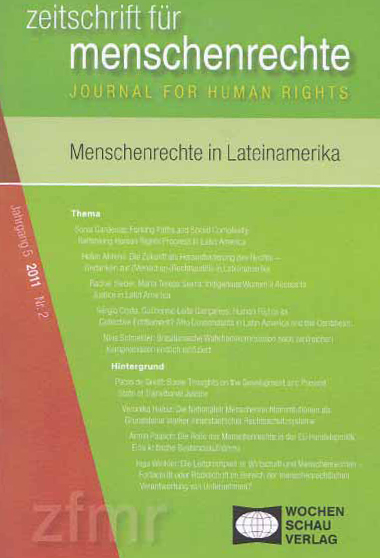
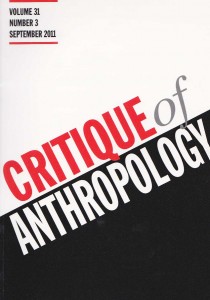
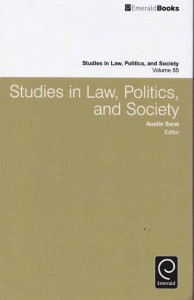

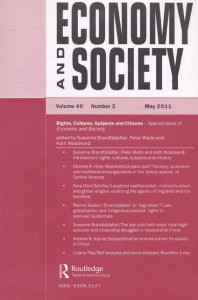
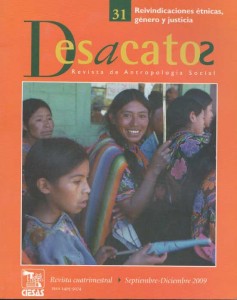
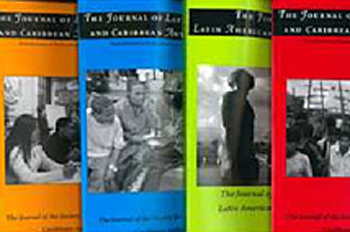
 In this essay, we describe some of the collective reflections and analyses that emerged as a result of a comparative project initiated with a UC MEXUS-CONACYT Collaborative Grant, awarded funds to two research teams, one in the United States and one in Mexico. The aim of the project was to develop a common theoretical framework for understanding the complex relationship between movements for indigenous rights, state reform, and juridical structures. A principal goal of this framework was to allow for a comparison of the experience of indigenous groups in regions of Mexico, Guatemala, and the United States, including transnational indigenous migrants between these countries. We focused on the ways in which indigenous people are struggling for political and cultural rights, local autonomy, and effective justice practices in the context of changes being wrought by processes of economic, political, legal, and cultural globalization. We were particularly interested in analyzing how men and women might be living these struggles differently and how gender norms and dynamics might be shifting as a result of organizational experiences or migratory processes.
In this essay, we describe some of the collective reflections and analyses that emerged as a result of a comparative project initiated with a UC MEXUS-CONACYT Collaborative Grant, awarded funds to two research teams, one in the United States and one in Mexico. The aim of the project was to develop a common theoretical framework for understanding the complex relationship between movements for indigenous rights, state reform, and juridical structures. A principal goal of this framework was to allow for a comparison of the experience of indigenous groups in regions of Mexico, Guatemala, and the United States, including transnational indigenous migrants between these countries. We focused on the ways in which indigenous people are struggling for political and cultural rights, local autonomy, and effective justice practices in the context of changes being wrought by processes of economic, political, legal, and cultural globalization. We were particularly interested in analyzing how men and women might be living these struggles differently and how gender norms and dynamics might be shifting as a result of organizational experiences or migratory processes.